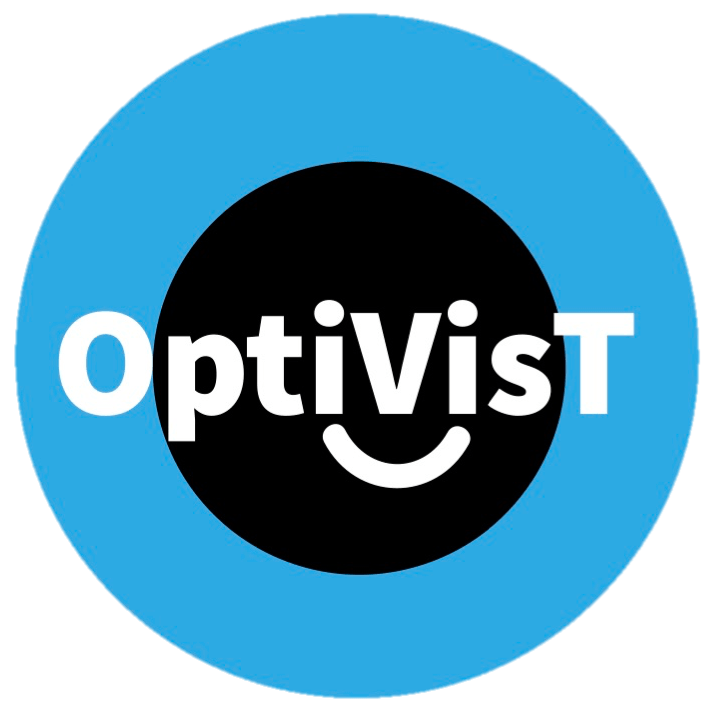PROJECT 9
Using Virtual and Augmented Reality-based tests of functional vision to understand patients’ real-world difficulties
Why? People with eye conditions like macular disease and glaucoma have parts of their vision missing. These ‘holes’ (scotoma) vary in size/severity and occur in different locations of a person’s field of vision. How do people cope with activities of daily living (ADL) if they have scotoma? What scotoma cause the greatest visual impairment?
How? You will answer these questions using virtual reality (VR) and augmented reality (AR) experiments. Recently we have developed a VR/AR simulator capable of replicating and quantifying some key everyday difficulties associated with visual impairments. You will use and develop this technology to build experiments to identify specific associations between different types of scotoma and ADL. You will also conduct experiments in real patients to determine difficulties with ADL in different lighting conditions and anxiety when faced with different mobility scenarios.
Where? You will join the Crabb Lab in the School of Health Sciences at City, University of London - a lively research environment with a unique mixture of vision scientists, optometrists, psychologists and computer scientists - supervised by Professor David Crabb and Dr Pete Jones. You will work in state-of-the-art labs in the department of optometry and visual sciences and conduct experiments in City TECS (Technology Enabled Care Studio). City is a vibrant and large university located in the heart of London.
What can you expect to learn and experience? You will receive project-specific training in measurement of EMs, systematic reviews, vision science, design and operation of clinical studies, informatics and statistics. The Crabb Lab provides a unique interdisciplinary peer-to-peer, day-to-day training environment. Secondments and collaboration opportunities will be available with OptiVisT partners, for example Peek Vision.
Who are we looking for? You must be an exceptionally motivated and inventive scientist. Training/qualification in experimental psychology or human based performance would be ideal or a background in vision science, ophthalmology, biology, physiology or related areas. Some programming skills (e.g. Python, R, MatLab) would be desirable. You must have excellent English oral presentation and writing skills. Detailed knowledge about vision or eyes are not required, but a desire to work very hard on a person-based study is essential.
References
- Jones, P. R., Somoskeöy, T., Chow-Wing-Bom, H., & Crabb, D. P. (2020). Seeing other perspectives: Evaluating the use of virtual and augmented reality to simulate visual impairments (OpenVisSim), NPJ Digital Medicine, 3(1):1-9. https://www.nature.com/articles/s41746-020-0242-6
- Enoch, J., Jones, L., Taylor, D. J., Bronze, C., Kirwan, J. F, Jones, P. R., & Crabb, D. P. (2020). How do different lighting conditions affect the vision and quality of life of people with glaucoma? A systematic review, Eye, 34:138-154. https://www.nature.com/articles/s41433-019-0679-5
- Taylor, D. J., Smith, N. D., Jones, P. R., Binns, A. M., & Crabb, D. P. (2020). Measuring dynamic levels of anxiety and concern during mobility tasks in people with non-neovascular age-related macular degeneration (AMD), British Journal of Ophthalmology, 104:529–534. https://bjo.bmj.com/content/104/4/529
Project output
No output yet.

